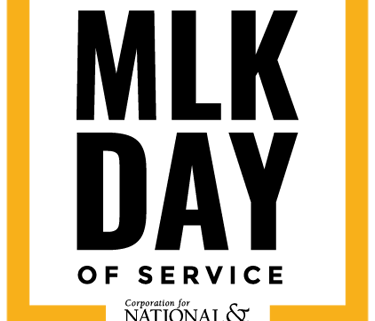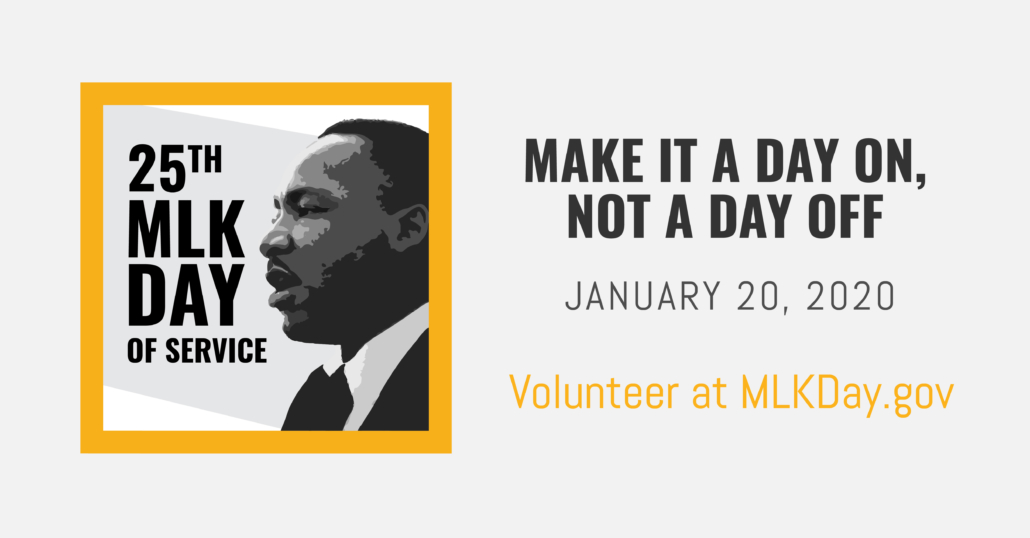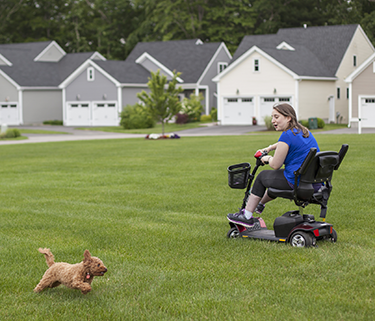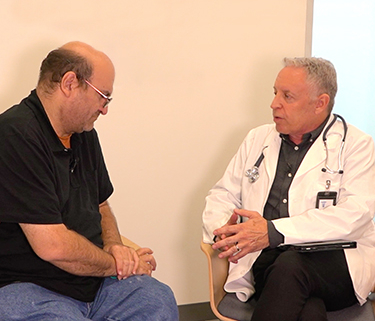The Arc Fights Rule That Would Unfairly Strip Disability Benefits
Washington, D.C. – The Arc urges The Social Security Administration (SSA) to withdraw its proposed rule that would force people with disabilities and their families to repeatedly prove their disability – putting the critical benefits of thousands of people in jeopardy. The rule would increase how often adults and children with disabilities have to gather and submit mounds of tedious paperwork and other documentation to show the federal government that their disability has not suddenly gone away.
Continuing Disability Reviews can be extremely complicated. People with disabilities, their families, their teachers, and service providers often spend weeks gathering information and making sure forms are filled out correctly. Even a minor error on the form can put not only Social Security or Supplemental Security Income (SSI) benefits at risk, but also Medicaid services and other benefits.
“It is unfair for the federal government to burden people with disabilities and their families with the unnecessary and overwhelming task of constantly proving their disability. People with intellectual and developmental disabilities typically require services and supports throughout their lifetimes and will not cease needing services. The Social Security Administration’s new rule would also further open the door to costly applicant and administrative errors, leading to the loss of benefits despite eligibility and the devastating domino effect for people with disabilities and their families. We need the government to consider the looming damage and withdraw this rule immediately,” said Peter Berns, CEO, The Arc.
The Arc is also asking the disability community and supporters to oppose the new rule by submitting as many public comments as possible to the federal government before next week’s deadline of Friday, January 31. We want supporters to submit comments here explaining why the rule is harmful and how Social Security and SSI help people with disabilities. The government must read and respond to public comments before it makes the rule final.
The proposed rule would:
- Require people with disabilities to fill out cumbersome paperwork 2.6 million more times over the next ten years
- Cut $2.8 billion in Social Security and SSI benefits
- Put the benefits of thousands of people with disabilities at risk


















